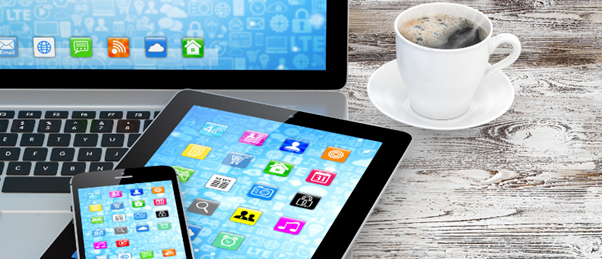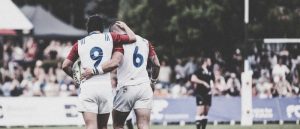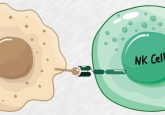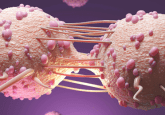“Well those screens won’t do you any good” *if you’ve just suffered a concussion

Limiting screen time immediately after suffering a concussion has been shown to significantly shorten the duration of symptoms.
A recent study, led by Theodore Macnow (University of Massachusetts Medical School, MA, USA), assessed the impact that exposure to screens in the first 48 hours following a concussion has on the duration of symptoms. Limiting the screen time during this period was associated with a faster recovery supporting recommendations to limit screen time after suffering a concussion.
“We’re still learning how to treat concussions and there are no clear recommendations regarding screen time,” explained Macnow. “Nobody has yet looked at this question in a rigorous way. We wanted to get a better handle on this question, so we conducted a randomized clinical trial.”
The study involved 125 patients aged 12 to 25, who presented with a concussion between June 2018 to February 2020. Patients were randomly assigned to a screen time permitted group or a screen time abstinent group. In the abstinent cohort, patients were instructed to abstain from any electronic screens for 48 hours, whilst the permitted control cohort was allowed any form of screen, providing it did not induce symptoms. Additionally, both groups were advised to avoid work and schoolwork during the first 48 hour period.
Patients completed a Post-Concussion Symptom Scale (PCSS) at the time of diagnosis and every day during the 10-day study. The PCSS is a 22-symptom scale, which grades each symptom from not present to severe (zero to six) and reliably detects change over time in concussed patients. Patients also completed a screen time survey on days one to three and an activity survey from days four to ten.
 Try-ing to solve the problem of accurate concussion diagnosis
Try-ing to solve the problem of accurate concussion diagnosis
A new, non-invasive yet accurate method for concussion diagnosis has been demonstrated in a study of UK professional rugby players.
Statistical analysis of the data discovered that the group permitted screen time exhibited a significantly longer time to recover. The group permitted screen time group experienced a median time of 8 days for concussion symptom resolution compared to 3.5 days for the group that abstained from screen time.
“These findings support the conclusion that brief screen time abstinence following a concussion is associated with a faster recovery,” commented Macnow. “Given this data, preliminary clinical recommendations should be to limit screen time.”
Speculating on the mechanism behind this, Macnow suggests it is possible that electronic photons, which are known to trigger migraines, could play a role. Other potential factors for the causality suggested by the authors include that screen use can detract from sleep and resumption of normal activities, both key elements to concussion recovery.
“These findings suggest that a larger, more diverse, multicenter study is warranted to see if the results are consistent,” concluded Macnow. “What’s more, we only looked at the first 48 hours after diagnosis. It would be worthwhile to see if abstaining from screen time longer had more of an impact or if specific screen time activities – video games vs. television – have a more pronounced effect on recovery time.





